All Stories
-
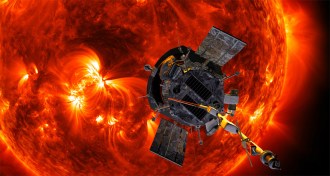 Astronomy
Astronomy2018 was a busy year in space
This year, some missions started exploring the cosmos, while others were winding down.
-
 Health & Medicine
Health & MedicineAmericans are sleeping less than they were 13 years ago
A survey suggests that nearly one-third of American adults are sleeping fewer than 6 hours a night, and minority groups are most affected.
-
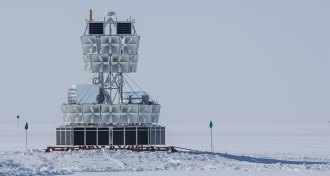 Astronomy
AstronomyThese 2018 findings could be big news — if they turn out to be true
Discoveries about fossils, the Big Bang and more could shake up the scientific world – if they turn out to be true.
-
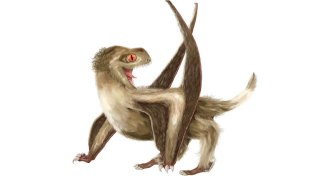 Paleontology
PaleontologyPterosaurs may have been covered in fur and primitive feathers
A new study provides evidence of plumelike structures in ancient flying reptiles.
-
 Health & Medicine
Health & MedicineHow decorating for Christmas sends people to the ER
A study takes a stab at quantifying Christmas-related mishaps.
-
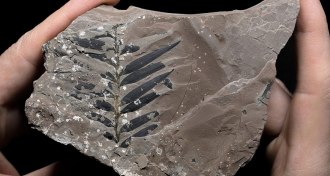 Paleontology
PaleontologyMore plants survived the world’s greatest mass extinction than thought
Fossil plants from Jordan reveal more plant lineages that made it through the Great Dying roughly 252 million years ago.
-

This blog is dead. Long live the blog.
Blogs are synonymous with the early internet. But what is a blog, and what has it become? A blog is a platform. And this one, Scicurious, is now gone.
-
 Science & Society
Science & SocietyThe #MeToo movement shook up workplace policies in science
In the #MeToo era, the scientific community is confronting its own sexual harassment problems and looking to research for solutions.
By Kyle Plantz -
 Neuroscience
NeuroscienceThe battle over new nerve cells in adult brains intensifies
It’s not yet time to abandon the idea that adult human brains make new nerve cells.
-
 Animals
AnimalsInvasive asexual midges may upset Antarctica’s delicate moss banks
Fast-multiplying insects with earthworm powers have invaded Antarctica, and scientists are worried about how their waste could affect the continent.
By Susan Milius -
 Life
LifeMice lack stem cells in the heart needed for self-repair
Adult mice hearts have no stem cells, a study finds. The same may be true for people, and that’s not welcome news for those who’ve had a heart attack.
-
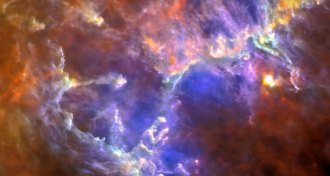 Space
SpaceThe sugar that makes up DNA could be made in space
Deoxyribose, the sugar of DNA, was created in a lab simulating ice in space.